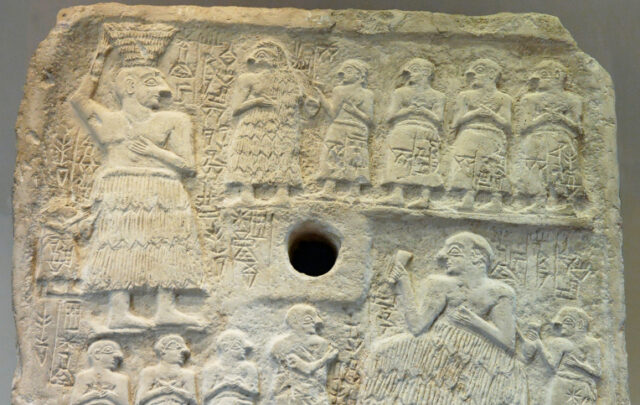Click on the headline (link) for the full text.
Many more articles are available through the Energy Bulletin homepage
Playing the oil card
Iran and the U.S. agree on one thing: oil is the ultimate weapon
Ian Bremmer, FORTUNE Magazine
NEW YORK – Washington and Tehran don’t agree on much these days. But in their conflict over Iran’s nuclear program, both seem willing to use oil as a political weapon.
The U.S. believes that sanctions on Iran’s energy exports might force Tehran to renounce its uranium-enrichment ambitions. Iran hopes its threats to withhold some or all of those exports will persuade the international community to back off.
If the two sides can’t agree on who would be punishing whom by playing the oil card, the likelihood of diplomatic resolution may be even more remote than is commonly accepted.
One thing is certain: A substantial reduction in Iran’s energy output – whether pushed or pulled from the market – would have a significant impact on global oil prices. Iran is the fourth-largest oil exporter in the world, behind only Saudi Arabia, Russia, and Norway. (11 April 2006)
Iran’s oil bourse: a threat to the U.S. economy?
Niusha Boghrati, Worldpress.org
A new building under construction on Iran’s Kish Island. The island’s free trade zone is the alleged location for the up-coming Iranian oil bourse. (Photo: Webshots)
While Iran’s nuclear program has become a major focus of the international media, there are many who strongly believe that the program is only a cover for the U.S. government’s true motive in a possible attack against Iran.
What some analysts posit is the real concern for the United States is Iran’s plan to open its own oil exchange – the Iranian Oil Bourse (IOB) – with the alleged goal of becoming the dominant center of the Middle East’s oil trade.
What makes the IOB the subject of such interest by the American government? According to rumors, which first vaulted the issue into the spotlight, the financial exchange in the aforementioned bourse will trade for oil in euros instead of the U.S. dollar. The dollar has long been the dominant currency for international oil trade.
A Threat to the U.S. Economy?
The debate over the ultimate financial impact of trading oil in euros rather than dollars is a complex one, but according to some experts such a move could lead to a huge drop in value for the American currency, potentially putting the U.S. economy in its greatest crisis since the depression era of the 1930s.
Niusha Boghrati is a Prague-based Iranian journalist who is currently working for the Persian section of an American radio station as a broadcaster/journalist. He has degrees in two fields, journalism and English literature. He worked previously as a correspondent for ADN Kronos International and Iber Press, two Italian news agencies in Tehran. (MORE)
(11 April 2006)
Petrodollar recycling and global imbalances
Saleh M. Nsouli1, International Monetary Fund (IMF)
The surge in oil prices in recent years has been taking place in an environment of rising global imbalances. Starting around 1996, a large current account deficit in the United States has been matched by surpluses primarily in other advanced economies and in emerging Asia, and has been accompanied by corresponding shifts in net foreign asset positions. To promote adjustment, policy advice has focused mainly on the need to promote savings in the United States and to foster expenditure in Asia, while moving to more flexible exchange rates arrangements. The impact of these recommendations has been limited so far, and large imbalances persist.
The doubling of oil prices during 2002-05 has made the group of oil-exporting countries a major player on the global current account imbalances scene. The increase in oil prices has shifted large additional sums of money from oil-consuming to oil-producing countries. How oil exporters “recycle” this revenue becomes a crucial issue, not only in determining the economic development of their countries in the future, but also in affecting the orderly narrowing of the global imbalances.
This paper examines the issues at stake when considering the global impact of petrodollar recycling. It addresses four questions:
1. What is the best definition of “recycling” in this context?
2. What is the order of magnitude of the oil shock in the current context?
3. What is the impact of the recent rise in oil prices on the global imbalances?
4. What are the policy recommendations for oil-exporting countries, particularly with a view to contributing to the orderly reduction of the global imbalances?
(March 23-24 2006)
Nigeria: the young rebels
Fight over the control of oil resources
Jean-Christophe Servant, Le Monde Diplomatique
Corruption and inequality have fed insurrection among impoverished youth in Nigeria, Africa’s top oil producer. The tension is rising in the period before next year’s presidential election; at the same time, the oil from new wells is beginning to flow.
(April 2006)
Article is in Englilsh.





